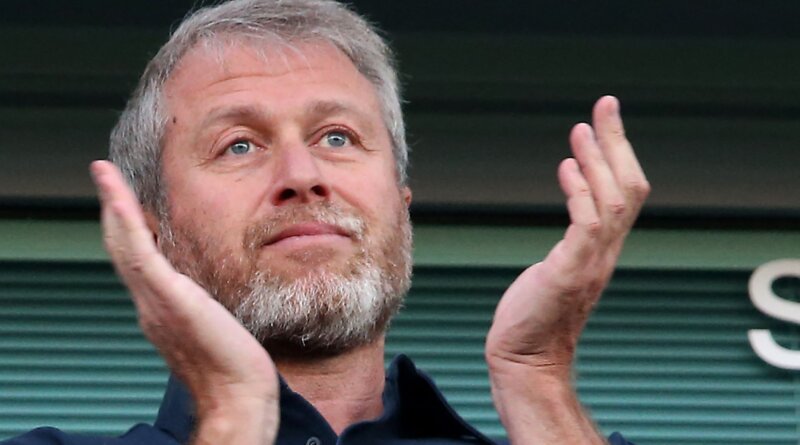Roman Abramovich Loses EU Sanctions Appeal After Court Ruling
Roman Abramovich sanctions case has ended in another defeat for the former Chelsea owner, as the European Union’s highest court dismissed his appeal to overturn strict financial and travel restrictions imposed in 2022. This ruling means that, after three years, Abramovich remains unable to access assets or conduct business within the EU, continuing the consequences from his alleged links to Russian President Vladimir Putin amid the Ukraine conflict.
Roman Abramovich Sanctions Upheld by European Court
The Roman Abramovich sanctions case began in March 2022, when the EU included the Russian-Israeli billionaire on its sanctions list following Russia’s large-scale invasion of Ukraine. The European Council cited his close ties with the Russian government, claiming that Abramovich’s business activities supported the regime. Abramovich immediately challenged the sanctions, arguing a lack of evidence connecting him to the actions justifying these restrictions.
However, this week, the Court of Justice of the European Union (CJEU) reaffirmed the sanctions, stating the measures were “necessary and appropriate.” The court emphasized that Abramovich’s substantial influence in Russia’s key industries and his proximity to the Kremlin justified the ongoing restrictions as part of broader efforts to pressure Russia over its actions in Ukraine.
Impact on Abramovich’s Assets and Chelsea Sale
The sanctions not only froze Abramovich’s EU assets but also complicated the landmark sale of Chelsea Football Club. The proceeds from the club’s £2.5 billion sale remain held in a frozen account, with continued dispute over whether the funds will be directed to humanitarian causes in Ukraine, as initially intended. The EU’s ruling means Abramovich’s access to these funds and his ability to operate internationally is still severely limited.
Sanctions and Their Effect on the Football Landscape
The Roman Abramovich sanctions situation sent significant shockwaves through European football. Chelsea’s sale under government supervision was unprecedented, setting a vital precedent for how global political tensions can impact football clubs and their operations. The club has since operated under new ownership, but the debate over the fate of the sale proceeds continues, with no resolution in sight.
Wider Implications for International Football and Business
Sanctions against high-profile figures such as Abramovich highlight the interconnectedness of football, business, and geopolitics. As conflicts persist, stakeholders must navigate an increasingly complex environment where ownership and investment in clubs are scrutinized for political links. The case has triggered broader questions about vetting processes for club owners and the responsibilities of sports organizations in the context of international sanctions.
Legal Avenues Exhausted for Abramovich
With the CJEU’s latest decision, Abramovich’s legal options within the EU are now nearly exhausted. He may pursue limited appeals or seek changes through diplomatic channels, but experts believe chances for a reversal are slim unless there are major shifts in EU policy or the geopolitical landscape.
Roman Abramovich Sanctions: What’s Next?
Looking ahead, the Roman Abramovich sanctions case remains a touchstone for how the international community responds to political crises through economic means. For Abramovich, the ruling cements his status as a sanctioned individual in the EU, with long-term impacts on his global business interests and personal freedoms.
For those following the intersection of football and global affairs, the Abramovich saga is a crucial reminder of how the beautiful game is influenced by political realities far beyond the pitch. For more coverage and updates on this and similar stories, visit for more news.
Opinion: Sanctions Send an Unmistakable Message
While Roman Abramovich’s attempts to clear his name have been persistent, the EU’s unwavering stance underlines a growing willingness to use economic measures as a tool of geopolitical influence. For football and other global industries, this case is a stark example of how quickly the landscape can shift—and why transparency in ownership and governance is more critical than ever.
Your global gateway to nonstop football coverage:
News Goal
Share this content:
